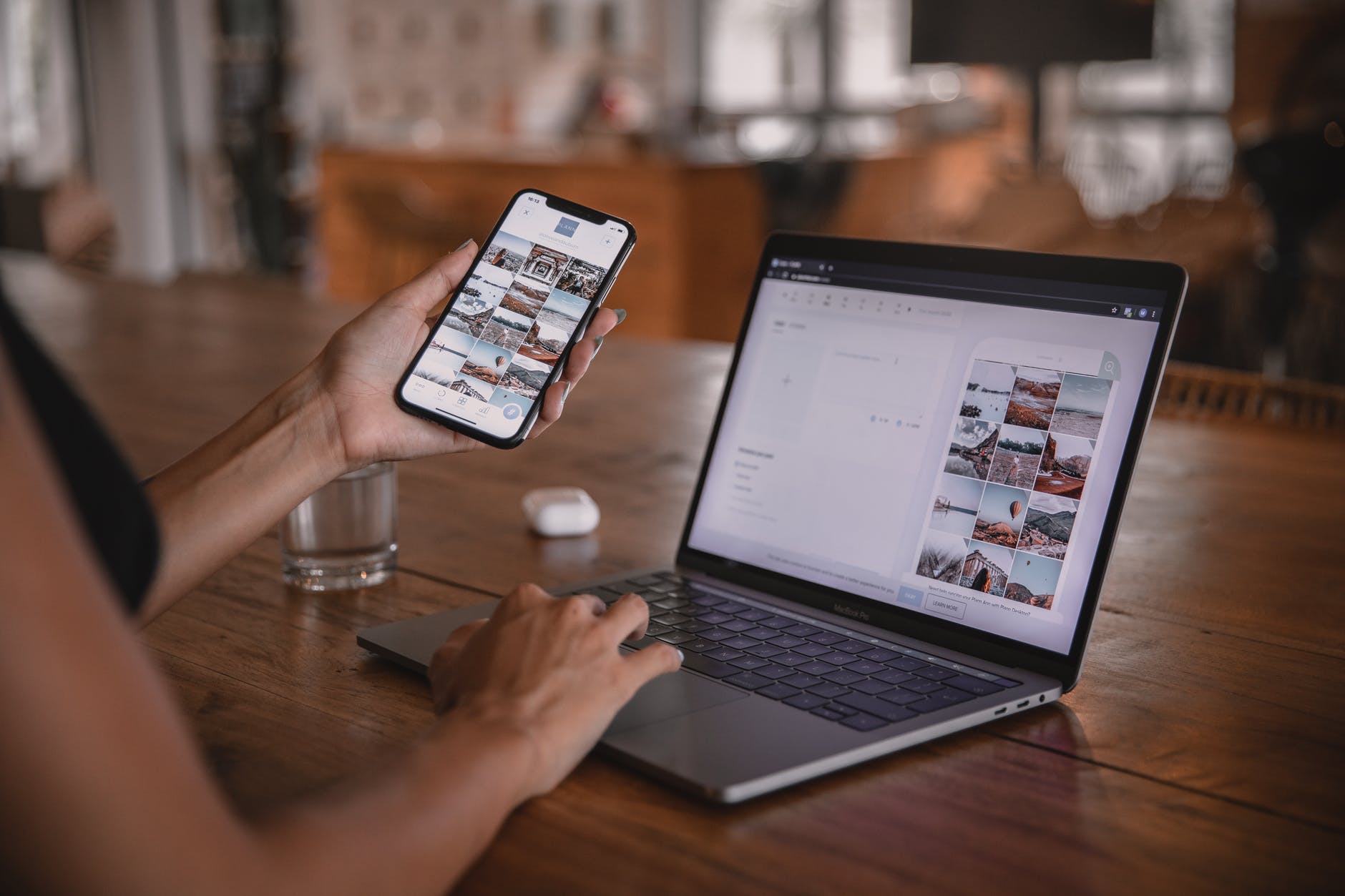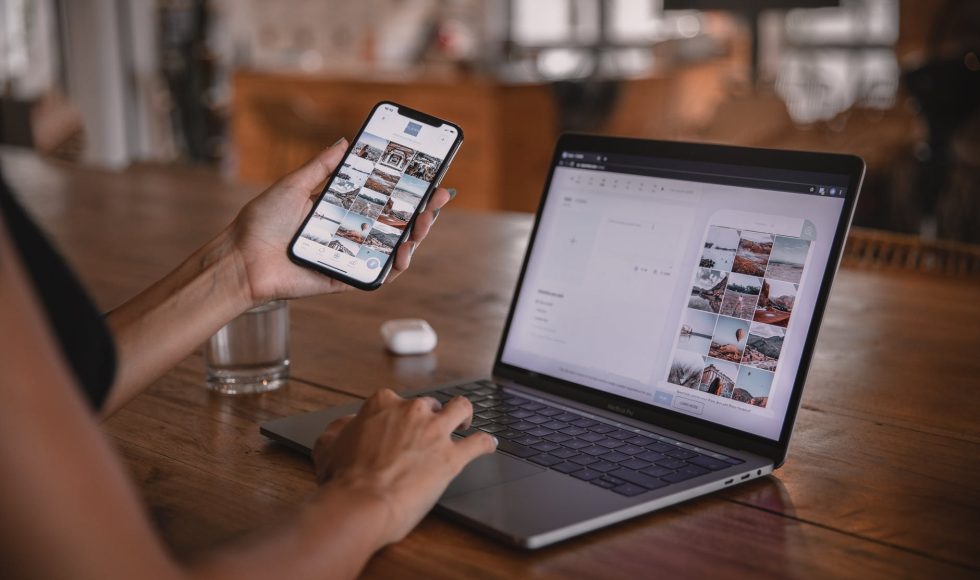Today was a busy Saturday. We cleaned, organized, baked, and edited. We even did some QM homework! Tonight we started watching a couple of ten-minute Open Ed 2021 sessions. The first one was by Chaten Jessel entitled “Student Champion: Creating a $500k OER Initiative.” Jessel is an undergraduate fourth-year student from the University of Calgary. Jessel was also selected faculty of science student representative. Student expenses are a major issue on their campus. The University of Calgary, Jessel mentioned, has a Textbook Vending Machine program that allows students to rent/buy textbooks. However, the upkeep costs are considerable. Jessel then went to OER advocacy. Quality Money had an initiative and Jessel met with the Taylor Institute at the University of Calgary to learn more about pilot OER projects. Jessel wrote a grant proposal asking for $500,000. While the grant was under review, Jessel started a student OER librarian position. Then in March, they learned their proposal was funded. While Jessel may not be able to be part of the OERs before graduating, they will continue working on promoting the adoption & creation of OERs! Chaten Jessel will have a tremendous impact. How cool! I also love the idea of undergraduate OER librarian positions. I will keep this in mind as RLOE participants in the pod I am in work on their strategic plans.
The second session I watched (my co-watcher usually falls asleep within five minutes) was entitled “Will (Public) Sharing Help With Caring? An Open Pedagogy Experiment of Student Motivation” and presented by Virginia Clinton-Lisell and Alison E. Kelly from the University of North Dakota. Citing Wiley and Hilton 2018, OER-enabled pedagogy was described as “teaching and learning practices that are possible due to the affordances of OER licensing.”I appreciate that Clinton-Lisell included additional terms that are used: open pedagogy, open educational practices, OER pedagogy, and non-disposable/renewable assignments. The key characteristics that Clinton-Lisell mentioned are the use of constructivist approaches and public licensing. Clinton-Lisell and Kelly conducted a literature review focusing on studies that used open pedagogy and the reactions from students to public sharing. They hypothesized that “sharing leads to more pride and ownership of work as it will be seen by others” with the counter hypothesis that “sharing leads to anxiety and demotivation.” Students in sociology courses were randomly assigned to public sharing or not sharing. Students created research memes, peer-reviewed the memes, and submitted final memes. During the final submission, they submitted a questionnaire based on theories of motivation (expectancy-value-cost theory) and self-evaluation of skill development. Clinton-Lisell shared the types of value they evaluated: intrinsic such as the meme project was interesting for me or the meme project was boring for me (reverse coded) and utility with phrases like the skills I learned through the meme project were relevant to my life. The results indicated that intrinsic and utility values were not affected by public or not public sharing. There was no evidence that public sharing increased emotional costs. Good! Interestingly, self-evaluation of skills suggested that those publicly sharing felt the activity and sharing helped their communication skills and scientific knowledge development more than those who did not publicly share their work. Students expressed in open-ended responses that the activity was fun and could be applied to their future professions. Clinton-Lisell concluded the presentation that overall students found making memes enjoyable and valuable, and this had low emotional costs. More pride was reported without public sharing, which was the opposite of what the researchers suspected. They did see benefits from public sharing in terms of perceived communication skills and scientific knowledge development. This study was so clever and made me think about what we can do with our work.



